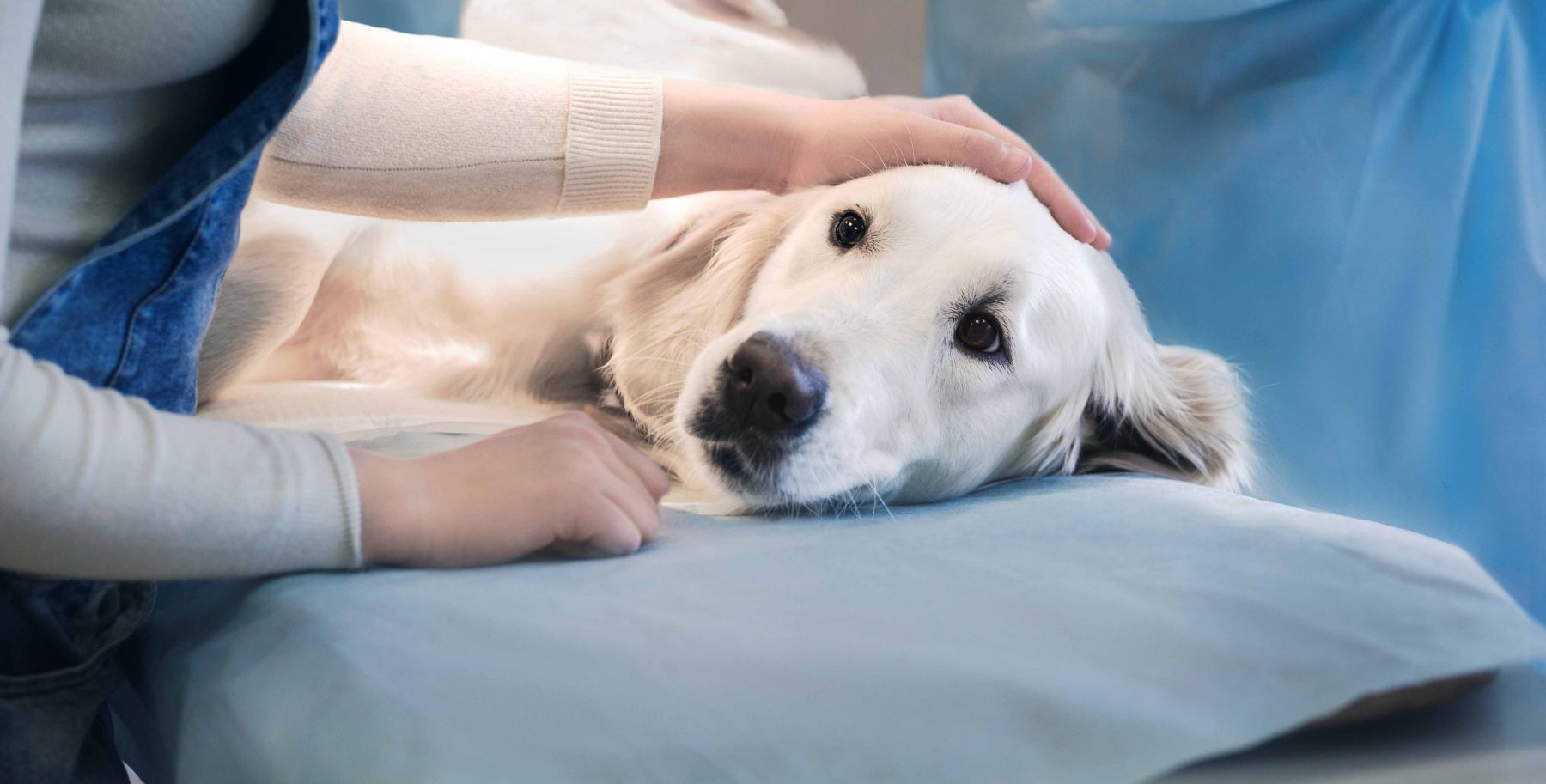
Surgery Service for Dogs
What surgery services do you provide for dogs?
We provide a large variety of standard surgical services including spays, neuters, dental procedures, mass/lump removals, unblocking urethral obstructions/cystotomies (bladder stones), exploratory/foreign body surgeries (digestive blockage, suspected mass, etc.), basic ophthalmic procedures (cherry eye repair, third eyelid flap to treat corneal ulcer, etc.), basic orthopedic procedures (minor fracture repairs, etc.) and emergency procedures (laceration repairs, repair of torn/broken nails, etc.).
What surgery services do you refer to other locations?
Most orthopedic procedures are referred out, usually to Bedford South or Petworks, two of the other PetFocus clinics. Endoscopy procedures are referred out, usually to Petworks. Complex ophthalmic procedures are referred out, often to CullenWebb Animal Eye Specialists in New Brunswick. Occasionally, we refer critical surgical patients or complex procedures (back surgeries, etc.) to the Atlantic Veterinary College.
How do I prepare my pet for surgery?
We will always provide you with instructions to prepare your pet for surgery, as some things may vary depending on the procedure. The standard protocol to prepare is as follows:
Will my pet stay overnight after surgery?
Not usually. Most routine procedures only require your pet to stay for most of the day with us. We often send our surgical patients home between 3:00pm – 7:30pm, depending on the time of their procedure and how quickly they recover. More complex procedures (orthopedic, blocked cats, sick patients) may require overnight monitoring/care, in which case we often recommend they go to the Metro Animal Emergency Clinic.
How do I take care of my pet after surgery?
Post-operative care will vary, depending on the procedure your pet went through. We always send home written instructions and one of our technicians or assistants will go over everything with you at the time of discharge. Most pets require smaller meals for the rest of the day, limited exercise during recovery and monitoring of surgical incisions for swelling, discharge, etc. Some will need to go home with an e-collar (cone to prevent licking/chewing). Most surgical patients are sent home with medication, especially when it comes to pain control. Some will need to come back for rechecks and/or suture/staple removals and some will not. We always encourage you to contact Dartmouth Veterinary Hospital with any questions or concerns after your pet has a surgery as we want to ensure they have the smoothest recovery possible.

